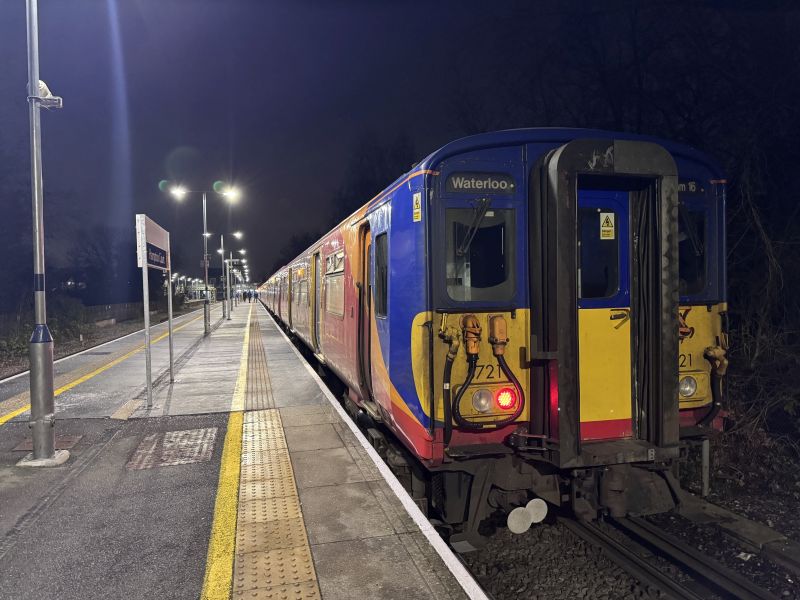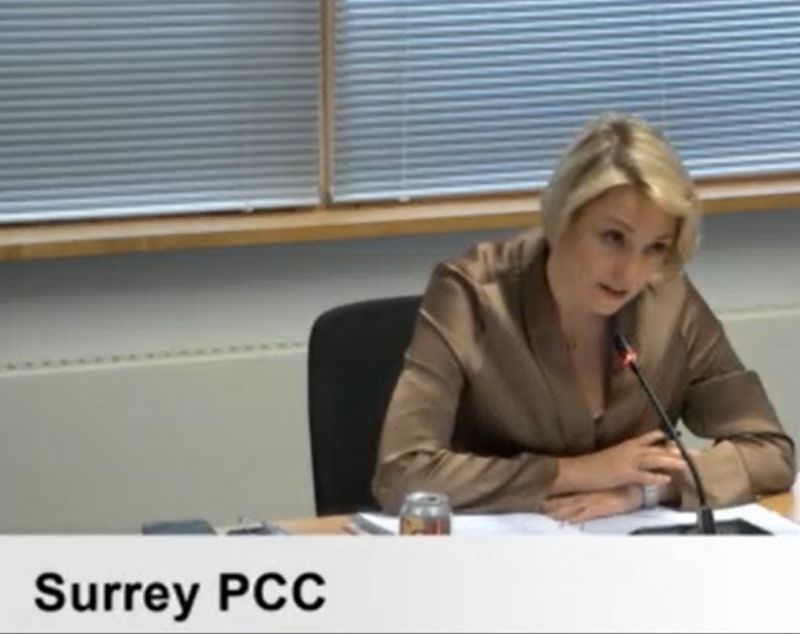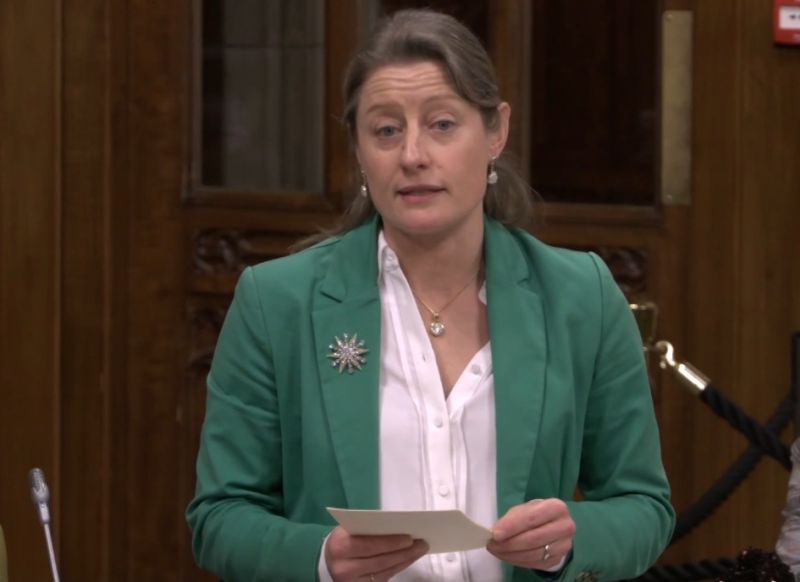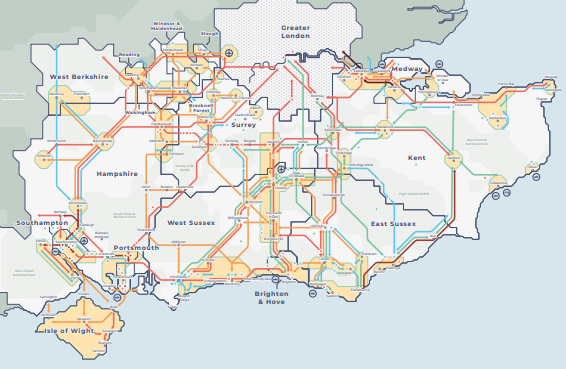Grand plans for South-East transport
Transport for the South East have received approval from their Partnership Board to progress delivery of their Strategic Investment Plan which includes nearly 300 multi-modal transport interventions to be delivered across the south east over the next 27 years.
The plan sets out a vision for the region, with priorities to decarbonise the transport system, level up left behind communities and facilitate sustainable economic growth in the south east between now and 2050. Included within the ambitious list of interventions is several global policy interventions, designed to address the challenges and opportunities faced not just in the south east but across the whole of the UK. These cover issues such as decarbonisation, public transport fares, new mobility, road user charging, virtual access, and integration between all modes of transport.
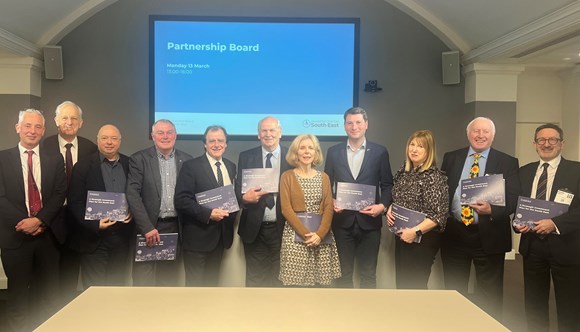
This ambitious plan forecasts a total capital cost of over £45 billion over 27 years and interventions that once implemented could generate; 21,000 new jobs, an additional £4 billion growth in GVA each year by 2050, 1.4 mega tonnes less CO2 equivalent emitted, 500,000 more rail trips a day, 1.5 million more trips taken by bus, mass transit and ferry, and take roughly 4 million car trips a day off the south east’s roads.
While £45 billion is a significant sum of money, it isn’t dissimilar to the levels of historical investment in the south east over a similar time period. Not only does the plan identify the investment needed to transform the economy in the south east, it also recognises the financial constraints faced by the bodies that would traditionally fund these sorts of interventions. Delivering this plan requires significant investment and Transport for the South East welcomes ongoing discussions with government, both local and central and with the private sector as they continue to explore potential funding options.
Councillor Keith Glazier, Chair of Transport for the South East said; “This evidence based investment is a once in a generation opportunity to set out a sustainable transport network that recognises the importance of major transport corridors across the south east. Corridors that are fundamental to our economy and our communities.
“This plan is the result of five years of partnership working, it truly is a plan developed by the south east, for the south east.
“Following approval by our Partnership Board we have submitted the plan to the Secretary of State for the Department for Transport with a request for it to be considered as future investment decisions are made.
“We could not be more grateful for the insight, support and challenge shown by our partners, and the Department for Transport in the development of this plan.”
Transport for the South East’s Partnership Board brings together elected members from local transport authorities and district and borough authorities, representatives of local enterprise partnerships (LEPs), protected landscapes, National Highways, Network Rail, and more.
Throughout the development of the investment plan, Transport for the South East held regular stakeholder meetings to gather evidence and seek input. They also held a 12-week public consultation on the plan in the summer of 2022 asking for comments from anyone who lives, works or travels within the region, receiving over 600 responses.
Prior to approval at the Partnership Board, local transport authorities within the region also had the opportunity to present the investment plan to their own council members to secure sign off.
Transport for the South East’s investment plan promises to not only deliver economic benefits to the region but to also make a material contribution towards net zero carbon. It supports a reduction in the need to travel by encouraging integrated planning and a shift to more sustainable modes of travel for both passengers and freight.
It recognises the importance of accessible, affordable, integrated, reliable and attractive public transport, that is fit for purpose and have ensured it is at the core of the Strategic Investment Plan. The transport body promises to work with local authorities and operators to provide better-connected and accessible multi-modal journeys with users easily able to walk, wheel or cycle for the first and last miles of their journeys.
Following approval Transport for the South East’s attention now turns to delivery. They will continue to work with partners from across the region to develop a delivery action plan, setting out the current position of each of the nearly 300 proposed multi-modal schemes within the investment plan. The action plan will focus on the next three years, 2023-2026, and detail what the next steps are and confirm the roles and responsibilities of Transport for the South East and its delivery partners required to make this plan a reality.
You can read the plan in full at www.transportforthesoutheast.org.uk
Transport for the South East (TfSE) is a new body created to improve the transport network and grow the economy of the whole South East area.
It brings together representatives of 16 transport authorities and five local enterprise partnerships covering an area stretching from the English Channel to the border of London, and from the Kent coast to Berkshire, Hampshire and the Isle of Wight. Not only does this area include major airports, ports, roads and rail routes, it is also a powerful economic motor for the whole of the UK – adding £200 billion a year to the national economy.
The aim of TfSE is to support and grow this economy, improve quality of life and protect the environment by choosing the right strategic transport priorities for investment. A thirty-year transport strategy was published in July 2020 with a strategic investment plan to follow by 2022.
Press release from Transport from the South-East










